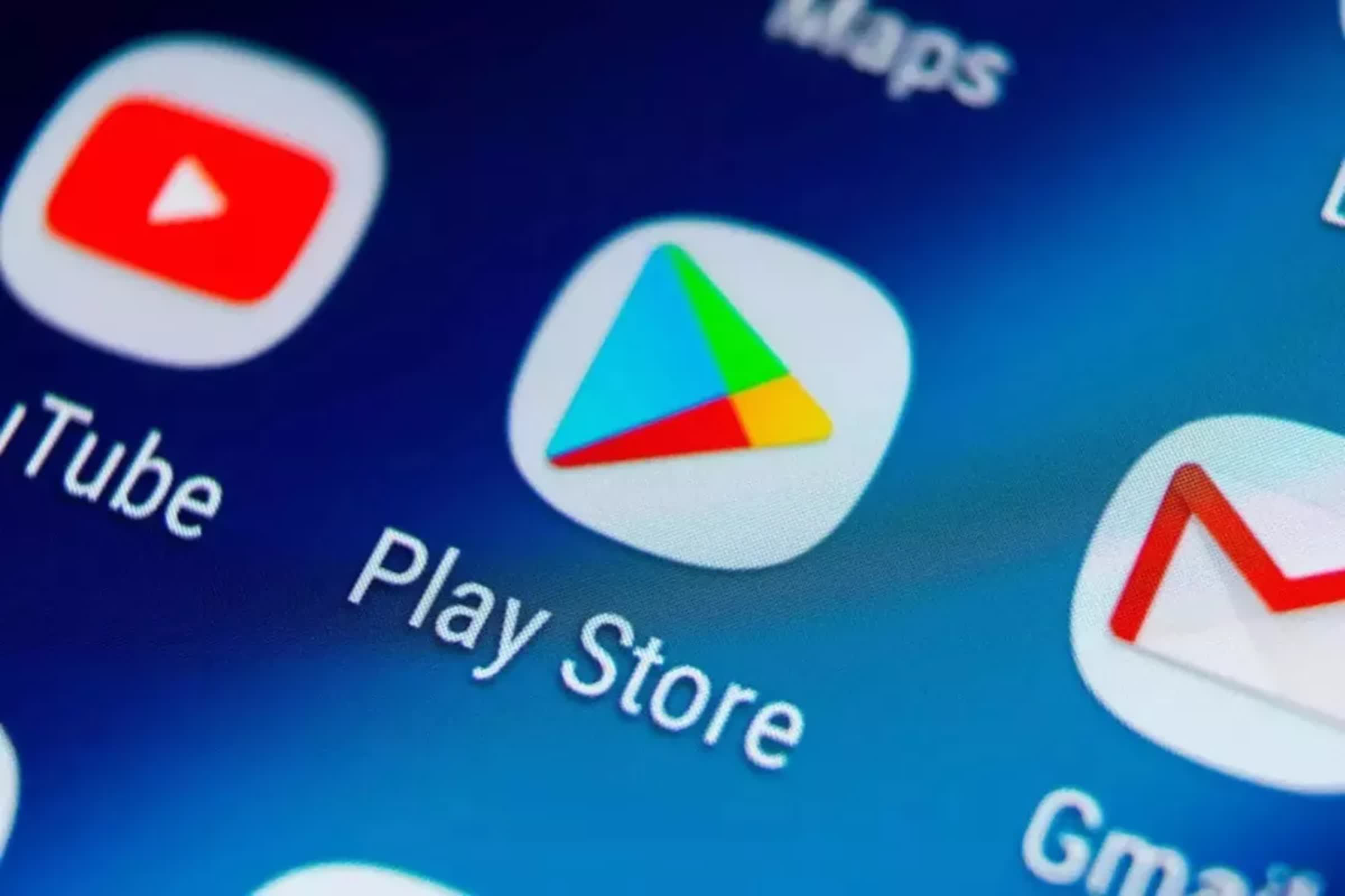Why it matters: The ruling has the potential to reshape the mobile app market, offering new opportunities for developers and possibly lowering prices for consumers. It could also set a precedent for how app stores operate in the future, potentially influencing similar cases against other tech giants, such as the ongoing dispute between Epic Games and Apple over the iPhone maker's App Store policies.
In a significant blow to Google's mobile app business, a US federal judge has ordered the tech giant to make sweeping changes to its Android app store. The ruling, issued by US District Judge James Donato in San Francisco, comes as a result of a lawsuit filed by Epic Games, the creator of the popular video game Fortnite.
The case stems from a long-standing dispute between Google and app developers over the company's control of the Android app ecosystem. Epic Games accused Google of maintaining an illegal monopoly through its Play Store, the primary way Android users download and purchase apps.
Judge Donato's injunction, set to take effect on November 1, 2024, requires Google to implement several major changes to its app store policies. For a period of three years, Google must allow users to download apps from competing third-party Android app platforms or stores. The ruling also prohibits Google from requiring apps to use its billing system for in-app purchases. This has been a contentious issue, as Google typically takes a 15 percent to 30 percent cut of transactions made through its payment system.
Furthermore, Google will be barred from making payments to device manufacturers to preinstall its app store. This practice has been criticized for giving Google an unfair advantage over potential competitors.
The company will also be prohibited from sharing revenue generated from the Play Store with other app distributors, a move intended to level the playing field.

Finally, the ruling called for Google to make its catalog of apps available to competing app stores. "That isn't something antitrust law would normally require," Mark Lemley, professor at Stanford Law School, told the BBC. "But the judge correctly noted that once you have violated the antitrust laws, courts can order you to do affirmative things to undo the harm you caused, even though you didn't have the obligation to do those things in the first place."
To ensure compliance, the court has mandated a three-person technical committee be established. Epic Games and Google will each select one member, and those two will then choose the third.
The ruling represents a significant victory for Epic Games and other app developers who have long complained about Google's app store practices. Tim Sweeney, CEO of Epic Games, hailed the decision as "big news" on X, stating that the Epic Games Store and other app stores will be available on Google Play in 2025.
Big news! The Epic Games Store and other app stores are coming to the Google Play Store in 2025 in the USA - without Google's scare screens and Google's 30% app tax - thanks to victory in Epic v Google.https://t.co/1g6uuw1CJB
– Tim Sweeney (@TimSweeneyEpic) October 7, 2024
Google, however, has said it will appeal the verdict. The company argues that the changes could lead to unintended consequences that may harm consumers, developers, and device makers. Google maintains that its current practices provide necessary security and user experience benefits.
This case is part of a broader legal and regulatory scrutiny facing major tech companies over their market dominance. In a separate case last year, a federal judge declared Google's search engine an illegal monopoly, further intensifying the pressure on the company's business practices.
As the November 1 deadline approaches, the tech industry will be closely watching how Google implements these changes and how they affect the Android app ecosystem. Meanwhile, Google must reckon with the financial ramifications of this ruling.
"Provided the ruling survives the appeals process, Google will almost certainly take a revenue hit," Emarketer analyst Evelyn Mitchell-Wolf told The Associated Press. "No doubt some of the largest app developers like Epic Games will start encroaching on Google Play Store's market share, meaning Google will lose out on its usual cut of subscription and in-app purchases."
While the Google Play Store will likely continue to benefit from brand recognition since it was the default Android app store for so long, "some consumers may defect if they can get better deals on their favorite apps elsewhere," Mitchell-Wolf added.
